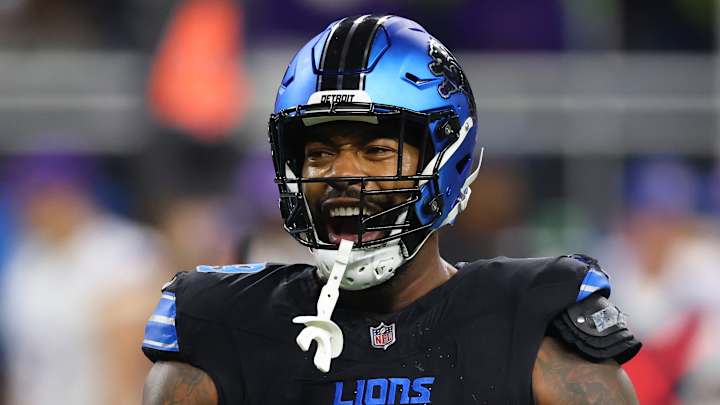After Aidan Hutchinson’s season ended early last year due to a broken leg, the Detroit Lions urgently needed help rushing the edge. Za’Darius Smith quickly emerged as one of their top trade targets. The Lions made the move on trade deadline day, and after the season, general manager Brad Holmes admitted the process had been anything but easy.
The challenge stemmed largely from Smith’s contract with the Cleveland Browns. It was loaded with void years and a looming bonus payment, creating complications for Detroit. When both sides couldn’t reach an agreement on a restructured deal, the Lions decided to waive Smith in March.
For months, fans wondered if a reunion could happen. Holmes often brushed off criticism that Detroit hadn’t made another big move at edge rusher, but speculation about Smith’s return never fully died down—even as it seemed less likely by the week.
Then in early September, Smith signed with the Philadelphia Eagles, another NFC contender. Even in a limited role—playing just 38 percent of defensive snaps—he showed he still had something left, posting 1.5 sacks and ranking 23rd among edge rushers according to Pro Football Focus.
Brad Holmes’ call on Za’Darius Smith looks smarter now
Early in the season, the Lions’ decision not to bring Smith back drew some skepticism. But that talk quickly faded thanks to the breakout of Al-Quadin Muhammad, who stepped up big with 4.5 sacks and 18 quarterback pressures opposite Hutchinson.
Then, out of nowhere, Smith announced his retirement on Instagram.
Holmes had mentioned before that he stayed in contact with Smith and his agent, which made the timing of Smith’s late signing—and sudden retirement—all the more curious. It’s possible the veteran simply wanted to skip the grind of training camp. Any team that wanted him likely had to accept he wouldn’t sign until right before the season.
The Eagles, who played in the Thursday night opener, signed him immediately after that game—timing that conveniently allowed them to avoid guaranteeing his full base salary for the year.
Still, Holmes and head coach Dan Campbell have emphasized one non-negotiable: total buy-in. If Smith’s approach suggested he wasn’t fully committed, or if his signing delay raised doubts about motivation, it’s easy to see why Detroit passed.
Holmes’ instincts have consistently stood out among NFL general managers. Even if Smith didn’t openly hint that retirement was on his mind, Holmes may have sensed it through their talks. Six weeks into the season, Smith proved that intuition right—choosing to walk away midyear.
Looking back, Holmes never seemed too eager to bring Smith back, and now it’s clear why. His patience and caution look like pure foresight as the Lions push forward without worrying about finding another edge replacement at the trade deadline.
